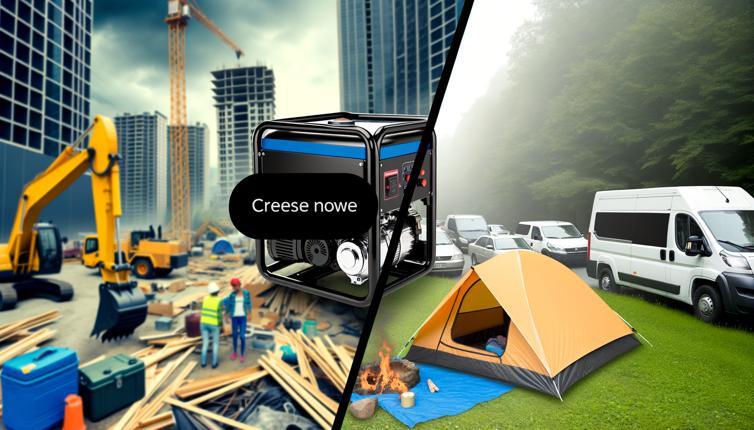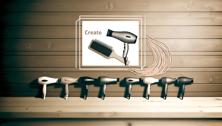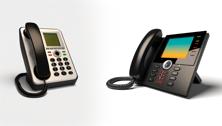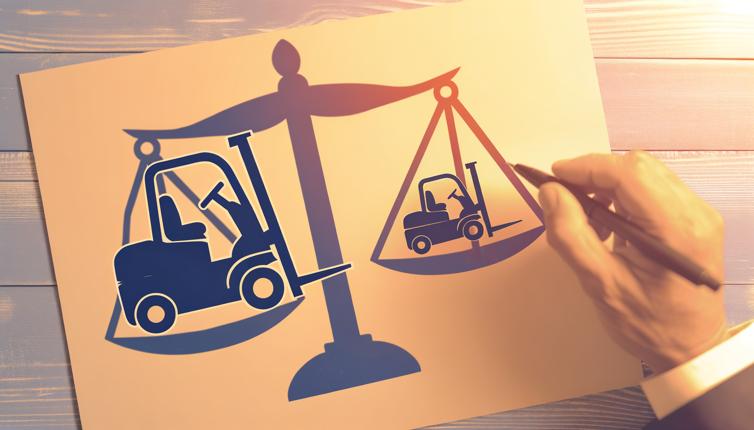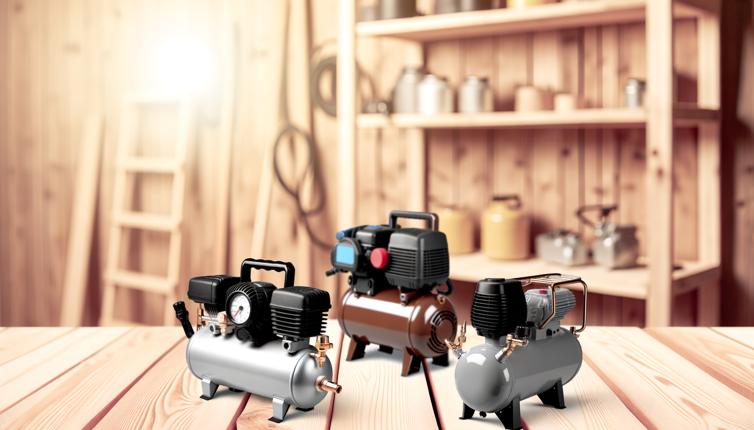Assessing Your Power Needs
The first step in selecting the ideal generator is to assess your power needs. Determine the total wattage of the appliances and devices you plan to power with the generator. Make a list of these items and their corresponding wattages.,Consider both the starting wattage and running wattage of the appliances. Some appliances, like refrigerators and air conditioners, require additional power during startup.,Once you have the total wattage, consider whether you need a portable generator or a standby generator. Portable generators are great for outdoor activities and can power a few appliances at a time. Standby generators, on the other hand, are permanently installed and can provide power to your entire home during an outage.,Take into account the fuel type as well. Generators can be powered by gasoline, propane, or diesel. Consider the availability of these fuels in your area and choose a generator that suits your preferences.,Finally, think about noise levels. If you plan to use the generator in a residential area, you may want to choose a quieter model.,By assessing your power needs, you can narrow down your options and choose a generator that meets your requirements.
Researching Different Generator Types
Once you have assessed your power needs, it's time to research different generator types. There are three main types to consider: conventional generators, inverter generators, and dual fuel generators.,Conventional generators are the most common type. They provide a consistent level of power but can be noisy and less fuel-efficient compared to other types.,Inverter generators, on the other hand, are more fuel-efficient and produce clean, stable power that is safe for sensitive electronics. They are also quieter compared to conventional generators.,Dual fuel generators offer the flexibility of running on either gasoline or propane. This can be useful if one fuel source is unavailable or if you prefer one over the other.,Research the pros and cons of each type, and consider which features are important to you. This will help you narrow down your choices and find the right generator for your needs.
Considering Generator Features and Accessories
When selecting a generator, it's important to consider additional features and accessories that may enhance its functionality.,Some generators come with electric starters, making them easier to start compared to pull-start models. Others may have remote start capabilities, allowing you to start the generator from a distance.,Automatic transfer switches are another useful feature. They automatically switch the power source from the grid to the generator during an outage, ensuring a seamless transition.,Fuel gauges and low oil shutdown features are also worth considering. Fuel gauges allow you to monitor the fuel level, while low oil shutdown protects the engine from damage by shutting it down when oil levels are low.,Finally, think about the warranty and customer support offered by the manufacturer. A reliable warranty and responsive customer support can give you peace of mind.,By considering these features and accessories, you can choose a generator that meets your needs and provides added convenience.
Conclusion
Selecting the ideal generator requires careful consideration of your power needs, research on different types, and evaluation of features and accessories. By following the steps outlined in this article, you can make an informed decision and find a generator that will provide reliable power in any situation.
